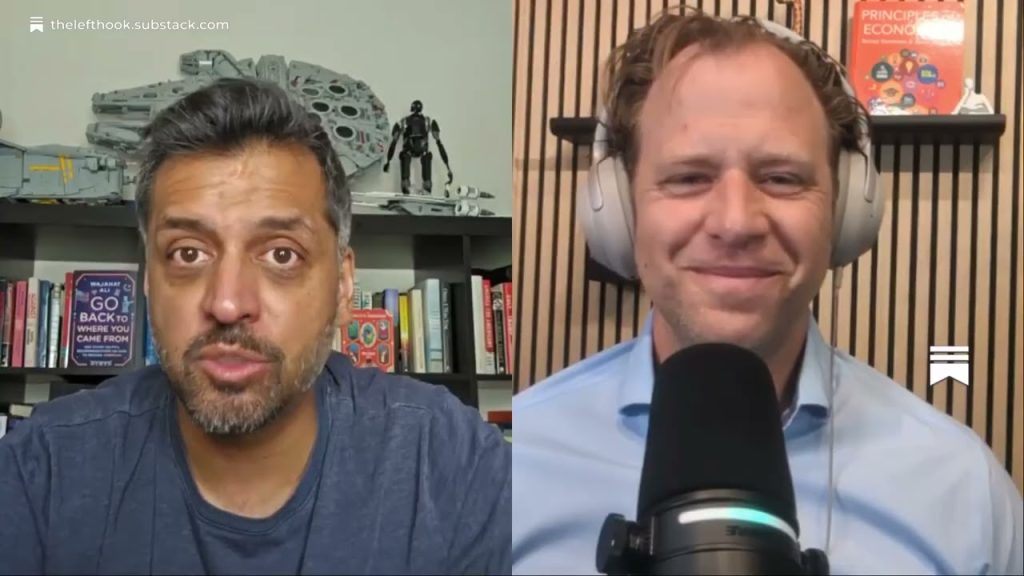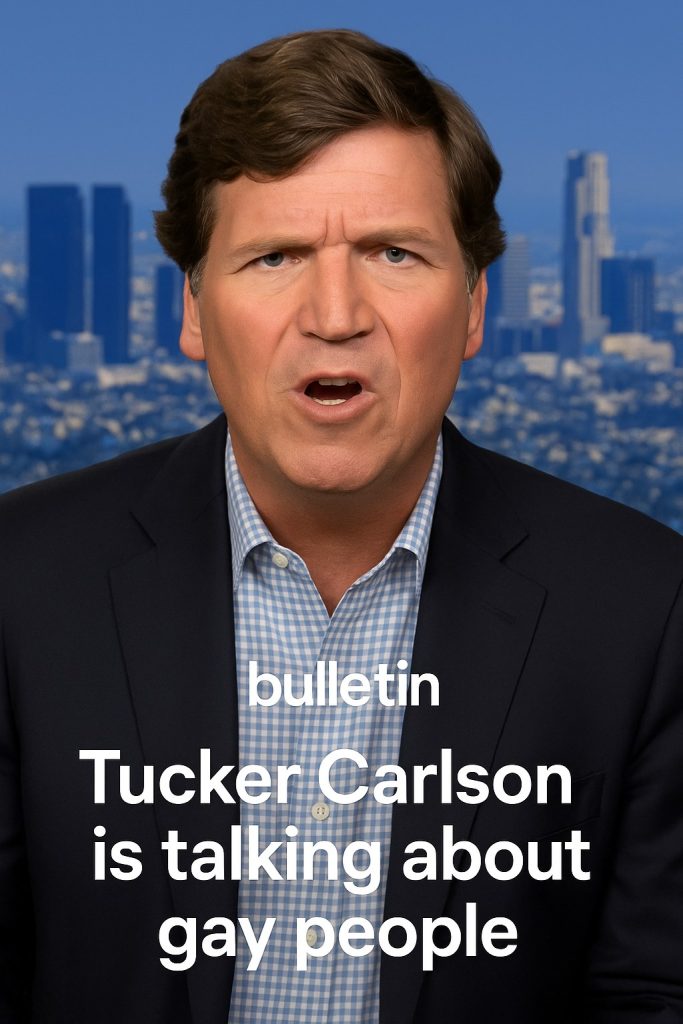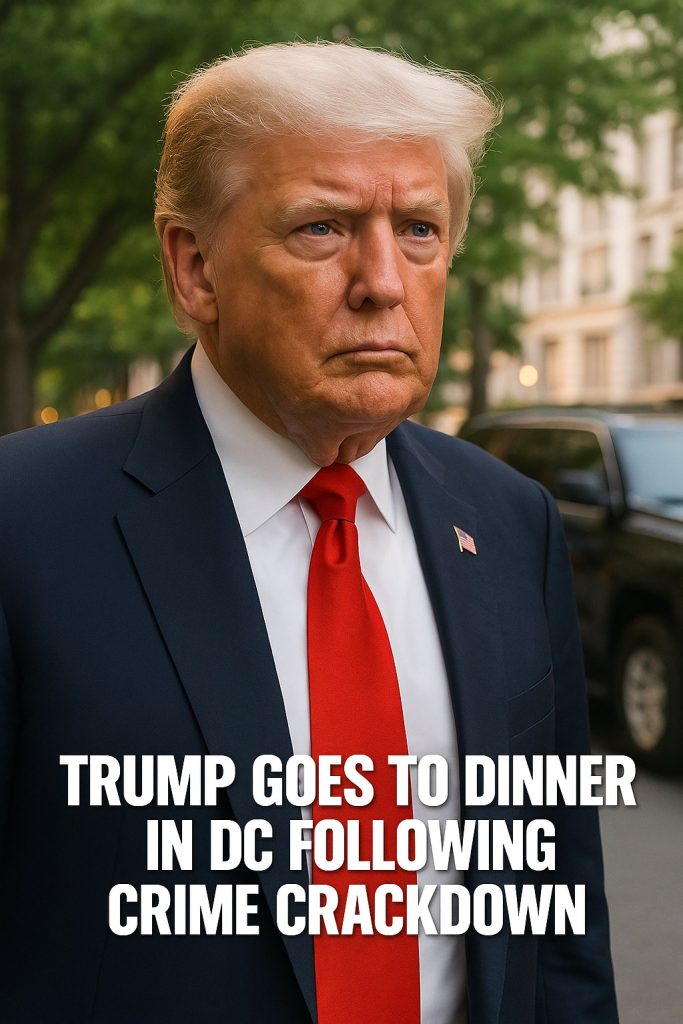In a compelling discussion featuring renowned economist Justin Wolfers, the impact of former President Donald Trump’s policies on the U.S. economy is scrutinized amid emerging data that signals a slowdown. The conversation highlights the stark contrast between the current economic narrative and the hard facts reflected in recently released economic reports.
Wolfers opens the dialogue by addressing the latest job report, an indicator demonstrating significant trends in employment across various sectors. He emphasizes that this recent data paints a troubling picture, diverging from the positive sentiments previously expressed regarding employment stability. “There is no question that the U.S. economy has slowed,” he asserts, indicating that the momentum seen in job numbers might not be as robust as it once appeared.
Historically, economic policies under Trump’s administration have been controversial, particularly concerning trade agreements, tax cuts, and regulatory reforms. Supporters often tout these policies as catalysts for growth, yet critical analyses reveal a different story. Recent surveys indicate that consumer and business confidence are both at an all-time low, which contrasts sharply with the optimistic projections put forth by the administration during Trump’s presidency.
“Consumer confidence is in the tank. Business confidence is in the tank. People are rating the quality of our economic policy worse than they ever have in our past,” Wolfers states, echoing a sentiment of growing disillusionment among the American populace. This decline in confidence is particularly alarming as such factors heavily influence spending and investment behaviors, essential components of economic growth.
As Wolfers explains, despite the theoretical soundness of economic policy choices made during Trump’s tenure, the reality is that measurable outcomes are failing to support these decisions. The economist highlights that while employment numbers may still seem stable, underlying economic indicators reveal a much more nuanced and less favorable operating environment. Wolfers warns that the economy’s pulse could be more critical than it appears, urging viewers to consider the broader implications of current trends.
The former president’s approach to economic policy has often focused on deregulation and tax incentives designed to stimulate growth. However, critics have consistently pointed out that these policies may disproportionately favor corporations at the expense of wage growth and worker protections. In many respects, the analysis presented in the video serves as a clarion call for a re-evaluation of economic priorities moving forward.
Wolfers’ insights are supported by a wealth of economic data that points toward a deceleration in growth, raising questions about whether the nation is headed towards a recession. Such economic repercussions could significantly shape public sentiment ahead of the upcoming election cycle, as voters weigh the effectiveness of economic management against their lived experiences of inflation, unemployment, and economic uncertainty.
As the video unfolds, viewers are encouraged to consider the implications of Trump’s policies not just in terms of rhetoric but also their tangible impacts on American lives. With the economy’s tailspin signaled by troubling statistics, the conversation stirs critical reflections on the accountability of political leaders and the economic stewardship required to foster a more equitable future.
In summary, the exchanges illustrated by Wolfers’ assessment reveal a critical junction for the U.S. economy: one that calls for insight, accountability, and a renewed approach to economic policymaking as Americans face a defining moment in their economic journey.



